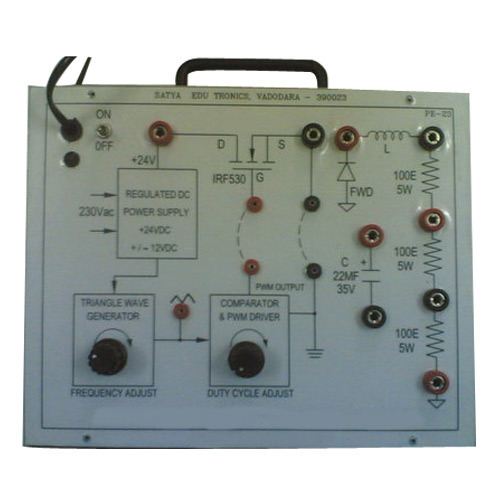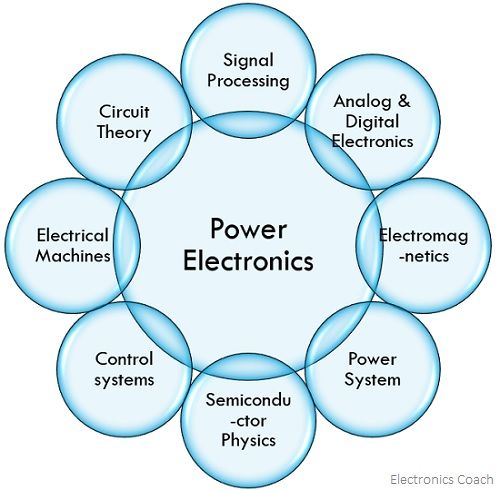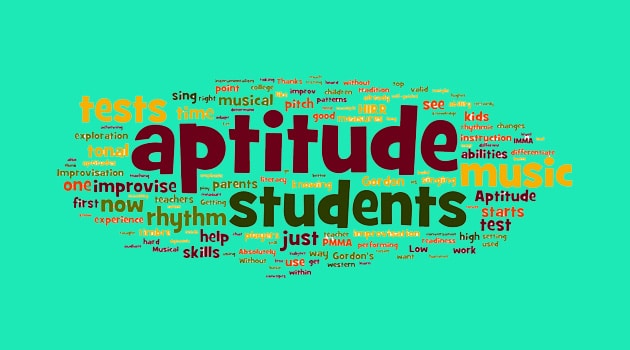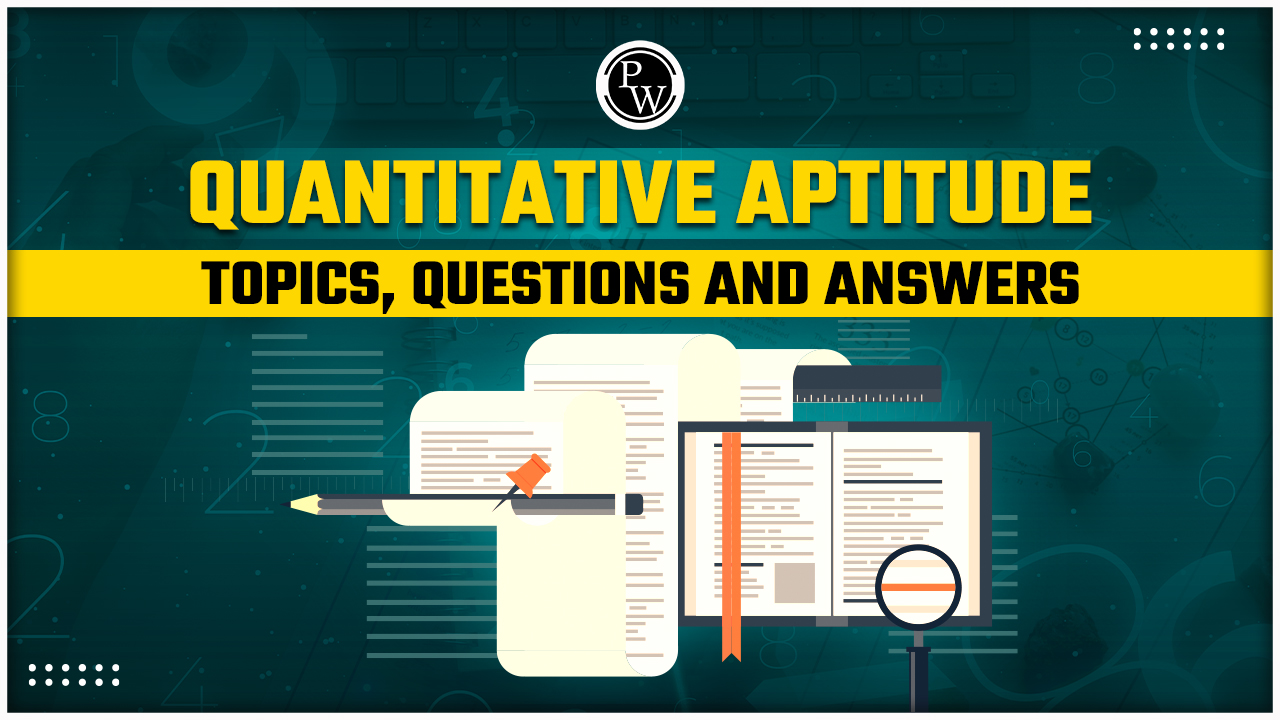Search results: 290
Pharmaceutics is the discipline of pharmacy that deals with the process of turning a new chemical entity (NCE) or old drugs into a medication to be used safely and effectively by patients. It is also called the science of dosage form design.

Category: Mr. Harsh Rastogi
Scope: The course deals with different basic pharmaceutical formulation aspects.
Objectives: Upon the completion of the course student shall be able to
1. Understand colloids, rheology, micromeritics and drug stability.
2. Know the principles of formulation preparations.
3. Demonstrate the method of preparation and evaluation of dosage forms.

Category: MRS KIRAN SHARMA
Placement preparation for batch 2026 passout
- Teacher: MR ANKIT VERMA [MCA]
- Teacher: Mr. Roshan Kumar Gupta [MCA]
- Teacher: Mr. Vijay Kumar [MCA]
Category: Mr. Ankit Verma
POWER ELECTRONICS LABORATORY
(KEE 653)
B. Tech (Electrical and Electronics Engineering)
Semester: VIth (Even Semester)
Session 2021–2022
Part A
Prepared by
Dr. Brijesh Singh, Associate Professor

Category: Dr. BRIJESH SINGH
POWER ELECTRONICS (KEE 603)
B. Tech (Electrical and Electronics Engineering)
Semester: VIth (Even Semester)
Session 2021–2022
Part A
Prepared by
Dr. Brijesh Singh, Associate Professor

Category: Dr. BRIJESH SINGH
M. Tech, 2nd Semester
Category: Mr. AMEER FAISAL
COURSEOBJECTIVES
CO 1 Describe primary features, processes and principles of management. K1, K2
CO 2 Explain functions of management in terms of planning, decision making and organizing. K3, K4
CO 3 Illustrate key factors of leadership skill in directing and controlling business resources and processes. K5, K6
CO 4 Exhibit adequate verbal and non-verbal communication skills K1, K3
CO 5 Demonstrate effective discussion, presentation and writing skills. K3, K5
Category: Dr. Babita Tyagi
Project Management
Category: Dr. Prateek Gupta
| This course aims to build foundational skills in
Python programming, covering data types, control structures, functions, OOP,
and file handling. It also introduces data analysis using NumPy and Pandas,
along with data visualization through Matplotlib and Seaborn. By the end of the course, students will be able to:
|
||||||||||||||||||||||||||||||||
Category: Shish Pal Jatav
Aptitude training for an MCA (Master of Computer Applications) course focuses on developing essential skills required for problem-solving, analytical thinking, and technical proficiency. Here’s a summary of the key components:
1. Quantitative Aptitude
Focus Areas:
- Number Systems: Basics of integers, fractions, decimals, and real numbers.
- Algebra: Equations, inequalities, and functions.
- Geometry: Properties of shapes, areas, volumes, and coordinate geometry.
- Arithmetic: Percentages, ratios, proportions, and basic calculations.
- Data Interpretation: Analyzing data from charts, tables, and graphs.
Training Resources:
- Books (e.g., R.S. Agarwal’s “Quantitative Aptitude”).
- Online practice platforms and quizzes.
2. Logical Reasoning
Focus Areas:
- Patterns and Sequences: Identifying and predicting patterns.
- Syllogisms: Logical reasoning and deduction.
- Puzzles and Brain Teasers: Problem-solving through logic.
- Critical Thinking: Evaluating arguments and reasoning.
Training Resources:
- Reasoning books (e.g., R.S. Agarwal’s “Logical Reasoning”).
- Online platforms and apps with practice exercises.
3. Verbal Ability
Focus Areas:
- Grammar: Rules of English grammar and usage.
- Vocabulary: Word meanings, synonyms, and antonyms.
- Comprehension: Reading passages and answering related questions.
- Critical Reasoning: Analyzing and interpreting written information.
Training Resources:
- Grammar and vocabulary books (e.g., “Word Power Made Easy” by Norman Lewis).
- Online grammar exercises and reading comprehension tools.
4. General Strategies
- Regular Practice: Consistent daily practice to improve skills.
- Mock Tests: Simulate exam conditions and assess performance.
- Study Groups: Collaborative learning and problem-solving.
- Time Management: Developing efficient problem-solving strategies.
This comprehensive approach to aptitude training helps MCA students develop a well-rounded skill set crucial for academic success and career opportunities in the tech industry.

Category: Manish Gupta
A quality management system (QMS) is a collection of business processes focused on consistently meeting customer requirements and enhancing their satisfaction. It is expressed as the organizational goals and aspirations, policies, processes, documented information and resources needed to implement and maintain it.

Category: MRS KIRAN SHARMA
An Aptitude typically provides an overview of an individual's natural talents, skills, and abilities. Here’s a general outline of what aptitude might include:
Overview of Strengths:
- Problem-Solving Skills: Ability to analyze situations, identify issues, and develop effective solutions.
- Analytical Thinking: Capacity for understanding complex systems and concepts, and breaking them down into manageable parts.
- Technical Skills: Proficiency in specific tools, technologies, or methodologies relevant to a particular field.
- Creative Abilities: Talent for thinking outside the box, generating innovative ideas, and applying creative solutions to real life challenges.
Core Competencies:
- Numerical Aptitude: Strength in handling mathematical calculations, data analysis, and quantitative reasoning.
- Verbal Aptitude: Skill in understanding, interpreting, and conveying information through language, both written and spoken.
- Spatial Reasoning: Ability to understand and manipulate shapes, patterns, and spatial relationships.
Interpersonal Skills:
- Communication: Proficiency in articulating ideas clearly and effectively to diverse audiences.
- Teamwork: Ability to collaborate well with others, demonstrating leadership and supportive skills as needed.
- Emotional Intelligence: Capacity for understanding and managing one’s own emotions and those of others, enhancing interactions and decision-making.
Learning and Adaptability:
- Quick Learner: Ability to grasp new concepts and skills rapidly and effectively.
- Flexibility: Capacity to adapt to changing circumstances and work environments with ease.
Career-Related Aptitudes:
- Industry-Specific Skills: Expertise in areas relevant to a particular career or profession, such as software development, marketing strategies, or engineering principles.
Potential Areas for Growth:
- Skill Development: Areas where further training or practice could enhance capabilities.
- Experience Gaps: Aspects of the field where gaining more experience could be beneficial.
Aptitude can help you to guide in career decisions, educational pursuits, and personal development strategies.
Time management is a crucial component of aptitude that involves the ability to plan, prioritize, and execute tasks efficiently within a given timeframe. In the context of aptitude, time management play a very important role.
Effective time management enhances productivity, reduces stress, and improves overall performance by ensuring that tasks are completed efficiently and deadlines are met. It’s a vital skill in both personal and professional settings, and honing it can lead to significant improvements in achieving goals and maintaining balance.

Category: Manish Gupta
For campus placement, especially in competitive fields or companies, the aptitude requirements can be quite specific and rigorous. Here’s a breakdown of what you might need to focus on:
1. Technical Skills
- Domain Knowledge: Understanding of the specific field or industry you're applying to, whether it's engineering, finance, IT, etc.
- Coding and Programming: For tech-related roles, proficiency in programming languages and problem-solving skills are essential.
- Software Proficiency: Familiarity with relevant tools and software can be crucial depending on the job.
2. Aptitude Tests
- Quantitative Ability: Strong skills in mathematics, including algebra, calculus, statistics, and data interpretation.
- Logical Reasoning: Ability to solve puzzles, logical problems, and pattern recognition tasks.
- Verbal Ability: Proficiency in reading comprehension, grammar, and vocabulary.
3. Soft Skills
- Communication Skills: Both verbal and written communication are key, as they reflect your ability to articulate ideas and work effectively in teams.
- Problem-Solving Ability: Demonstrating critical thinking and problem-solving skills through practical examples or case studies.
- Teamwork and Leadership: Experiences and traits that showcase your ability to work well in teams and potentially lead projects or initiatives.
4. General Knowledge and Awareness
- Current Affairs: Awareness of current events, industry trends, and general knowledge that might be relevant to the role or company.
- Company Knowledge: Understanding the company’s history, products, services, and market position.
5. Interview Preparation
- Technical Interviews: Expect to solve problems, answer technical questions, and sometimes complete coding challenges or case studies.
- Behavioral Interviews: Be prepared to discuss past experiences, challenges, and accomplishments, and demonstrate how you fit with the company culture.
6. Additional Skills
- Project Management: Understanding of basic project management principles and tools might be necessary, especially for managerial roles.
- Presentation Skills: Ability to present ideas clearly and effectively, often demonstrated through presentations or group discussions.
Preparation Tips:
- Mock Tests: Take practice tests to get familiar with the types of questions asked and the format of the aptitude tests.
- Study Material: Use books, online courses, and other resources to strengthen your quantitative, logical, and verbal skills.
- Resume Building: Ensure your resume highlights relevant skills, experiences, and achievements that align with the job requirements.

Category: Manish Gupta
- Understand the importance of the use of OR application in decision Making environment
- To formulate LPP and Obtain Graphical Solutions & Acquire General idea of the Simplex method.
- To understand and solve transportation & assignment models.
- To know optimal sequence model and understand concepts of queuing theory.
- To identify right time for replacement of equipment and understand project management techniques
Category: Mani Tyagi
1. Understand the importance of the use of OR application in decision Making environment
2. To formulate LPP and Obtain Graphical Solutions & Acquire General idea of the Simplex method.
3. To understand and solve transportation & assignment models.
4. To know optimal sequence model and understand concepts of queuing theory.
5. To identify right time for replacement of equipment and understand project management
techniques
Category: Mani Tyagi
COURSE OUTCOME:
After completion of the course student will be able to:
1. Students can understand the definitions, concepts and components of Rural Development
2. Students will know the importance, structure, significance, resources of Indian rural economy.
3. Students will have a clear idea about the area development programmes and its impact.
4. Students will be able to acquire knowledge about rural entrepreneurship.
5. Students will be able to understand about the using of different methods for human resource planning
- Teacher: MS JYOTI SRIVASTAVA [EN]
Category: Ms. D. BLANDINA MIRACLE
Course is regarding development of rural development. Studying various strategies to overcome the challenges present with rural.
Category: Ms. Priya Singh
Upon the completion of the course, the student will be able to:
CO 1 Apply the use of sensors for measurement of displacement, force and pressure
CO2 Employ commonly used sensors in industry for measurement of temperature, position, accelerometer, vibration sensor, flow and level.
CO3 Demonstrate the use of virtual instrumentation in automation industries.
CO4 Identify and use data acquisition methods.
CO5 Comprehend intelligent instrumentation in industrial automation.
Category: D Blandina Miracle
Upon the completion of the course, the student will be able to:
Apply the use of sensors for measurement of displacement, force and pressure.
Employ commonly used sensors in industry for measurement of temperature, position, accelerometer, vibration sensor, flow and level.
Demonstrate the use of virtual instrumentation in automation industries.
Identify and use data acquisition methods.
Comprehend intelligent instrumentation in industrial automation. K2
Category: D Blandina Miracle

